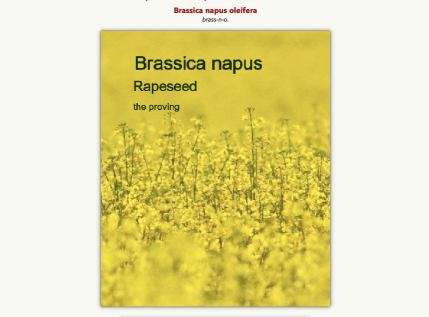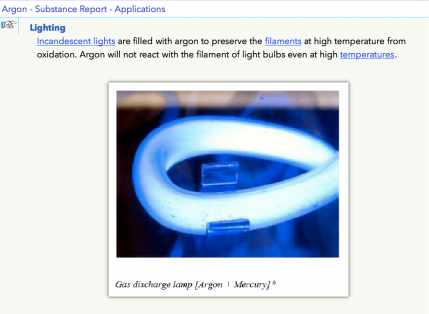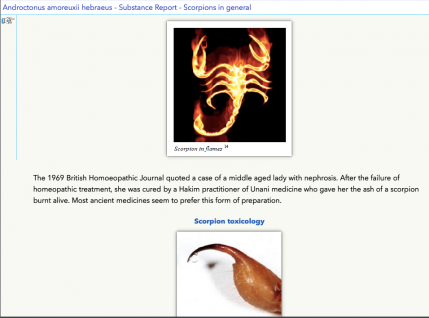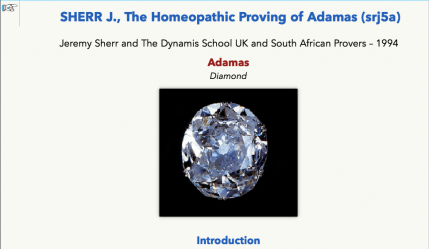Jeremy Sherr studied at the College of Homoeopathy, London
He simultaneously completed a degree in Acupuncture at the International College of Oriental Medicine and has a global practice.
Content by this author
Jeremy Sherr began his formal homeopathic study in 1980 at the College of Homoeopathy, London, while simultaneously completing a degree in acupuncture at the International College of Oriental Medicine
Though he practices homeopathy exclusively, his knowledge of Chinese Medicine shines through his homeopathic thinking.
Jeremy Sherr Homeopathy Accomplishments
Sherr was awarded a fellowship from the Society of Homoeopaths in 1991 and a Ph.D. from Medicina Alternativa and Pioneer University. He is a member of the North American Society of Homeopaths and the Israeli Society for Classical Homoeopathy. Jeremy is an honorary professor at Yunan Medical College, Kunming, China, and an Associate Professor at University Candegabe for Homoeopathy, Argentina.
Jeremy has taught in most of the British schools of homeopathy and began the Dynamis School in 1986. The Dynamis School is the longest-running post-graduate homeopathy course in the world. He has taught the curriculum in England, Holland, Norway, Switzerland, Ireland, Israel, Finland, Denmark, Canada, and the United States.
Jeremy Sherr has also lectured in Spain, South Africa, Mexico, Italy, China, Russia, Germany, Bulgaria, India, Japan, New Zealand, and Australia.
He is the author of numerous homeopathic books and journal articles and has proven over 40 new homeopathic remedies. His books “The Dynamics and Methodology of Homeopathic Provings” and “Dynamic Materia Medica: Syphilis” are homeopathic bestsellers and are used as textbooks in many schools.
Jeremy Sherr is currently working on a series of books on the Noble gasses of which Helium, Neon, Argon and Krypton are published. He is also the author of Q-Rep, the Repertory of Mental Qualities.
In 2008 Jeremy and his wife Camilla founded Homeopathy for Health in Africa (HHA) in Tanzania. Since its inception, with the continuing hard work and dedication of Jeremy and Camilla Sherr, alongside the whole HHA team, the project now has 20 clinics and has treated over 7000 patients with homeopathy.






